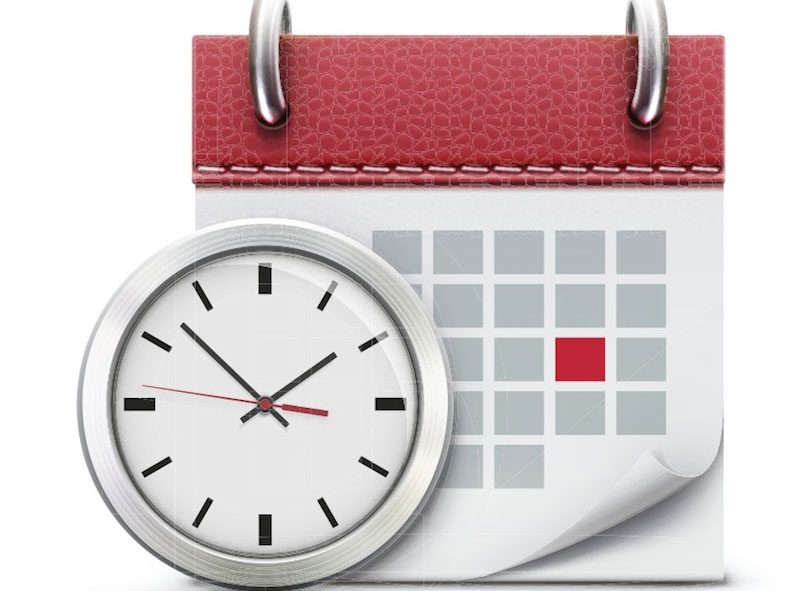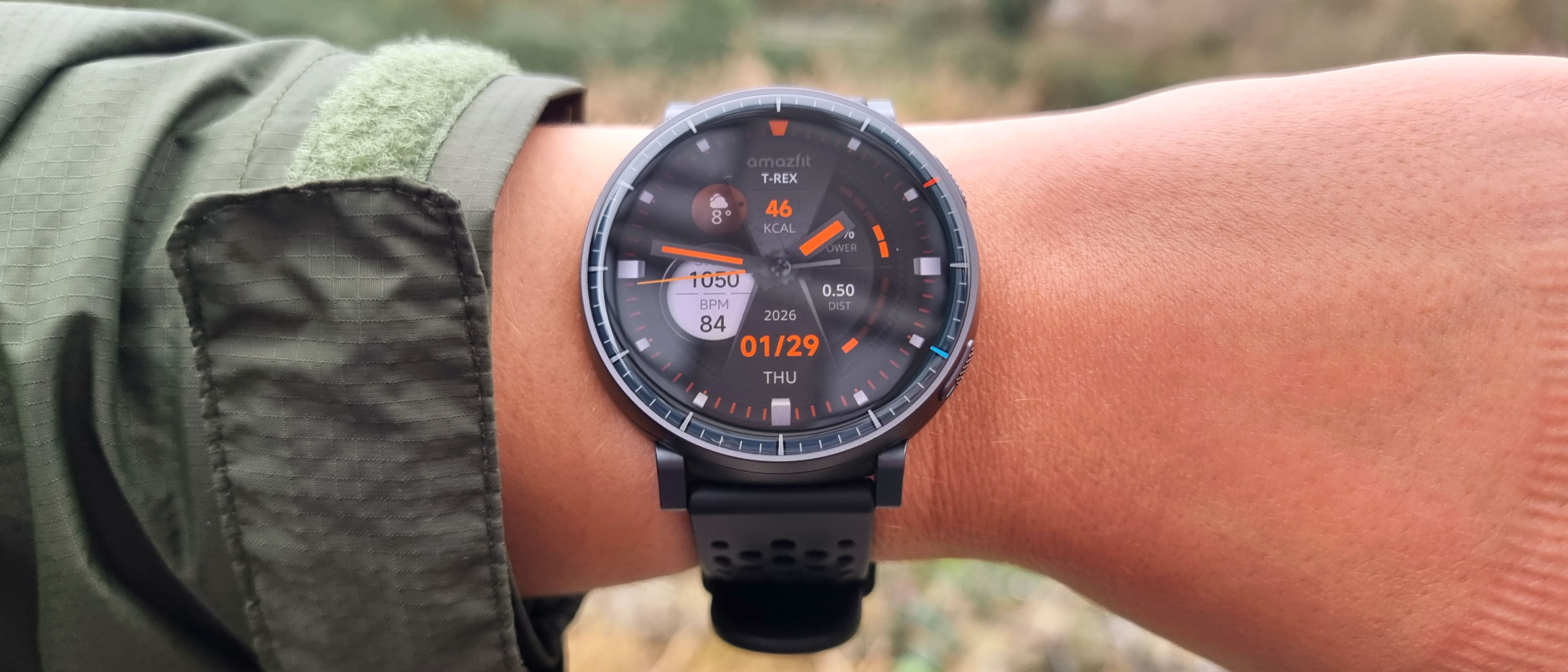How Accurate Are Fertility Tracking Apps?

Get the world’s most fascinating discoveries delivered straight to your inbox.
You are now subscribed
Your newsletter sign-up was successful
Want to add more newsletters?

Delivered Daily
Daily Newsletter
Sign up for the latest discoveries, groundbreaking research and fascinating breakthroughs that impact you and the wider world direct to your inbox.

Once a week
Life's Little Mysteries
Feed your curiosity with an exclusive mystery every week, solved with science and delivered direct to your inbox before it's seen anywhere else.

Once a week
How It Works
Sign up to our free science & technology newsletter for your weekly fix of fascinating articles, quick quizzes, amazing images, and more

Delivered daily
Space.com Newsletter
Breaking space news, the latest updates on rocket launches, skywatching events and more!

Once a month
Watch This Space
Sign up to our monthly entertainment newsletter to keep up with all our coverage of the latest sci-fi and space movies, tv shows, games and books.

Once a week
Night Sky This Week
Discover this week's must-see night sky events, moon phases, and stunning astrophotos. Sign up for our skywatching newsletter and explore the universe with us!
Join the club
Get full access to premium articles, exclusive features and a growing list of member rewards.
Fertility-focused apps and websites that aim to figure out which days a woman is most likely to conceive may not be very accurate, according to a new study.
Researchers analyzed more than 50 popular websites and smartphone apps that offer to predict a woman's "fertility window," or the days during a woman's menstrual cycle when she can become pregnant.
They found that the fertility windows predicted by the apps and websites varied widely, and that many of these windows included days after ovulation, when the chances that sexual intercourse will result in pregnancy are close to zero.
"Websites and electronic apps used by the general public to predict fertile windows are generally inaccurate," the researchers, from Weill Cornell Medicine in New York City, wrote in the July issue of the journal Obstetrics & Gynecology. "Because there is no rigorous screening process in effect to vet these websites and apps, we recommend caution in their use to assist with fertility," they said. [Conception Misconceptions: 7 Fertility Myths Debunked]
However, other experts not involved in the study said the fertility windows predicted by these websites and apps could still be helpful for couples trying to conceive.
The study included the top 20 fertility websites found using a Google search, and the 33 most popular fertility apps in the Google Play store and the Apple App Store. The researchers compared the fertility window predicted by each website and app with the "gold standard" method of predicting a fertility window, determined by research. The gold-standard method assumes that a woman's most fertile days include the day of ovulation (when the egg is released from the ovary), and the five days leading up to ovulation.
The researchers created a hypothetical case of a woman who had a 28-day menstrual cycle that started on the first day of the month. (The first day of the menstrual cycle is the first day of a woman's period.) In this case, the woman's date of ovulation would be the 15th of the month, and her actual window of fertility would be from the 10th of the month to the 15th.
Get the world’s most fascinating discoveries delivered straight to your inbox.
The study found that most websites and apps (80 to 87 percent) correctly predicted the day of ovulation as the 15th. In addition, all of the websites and apps predicted at least some of the days that were within the true fertility window.
However, the predicted fertility windows varied widely — from four days to 12 days — and about 75 percent of the websites and apps included days after ovulation in the window.
Just one website and three apps precisely predicted the correct fertility window. (The study did not specify which site and apps these were.)
Granted, most websites and apps differed from the precise fertility window by just a few days. But suggesting a fertility window that is even a few days too early or too late "may lead to patients having intercourse in patterns that will not maximize their chances of conceiving," the researchers said.
Dr. Wendy Vitek, an assistant professor of obstetrics and gynecology at the University of Rochester Medical Center who was not involved in the study, noted that the day a woman actually ovulates can vary from cycle to cycle. The apps might be taking this into account — Vitek noted that all of the websites and apps predicted a fertility window that started before the expected day of ovulation.
These windows "are acceptable given the variation in ovulation, so I think this information could help a couple be more informed about timing [of intercourse]," Vitek said.
The general recommendation for couples trying to become pregnant is to have intercourse every two to three days after the woman's period ends — "which should ensure that there is always sperm available [in the reproductive tract] and eliminates the chance of missing the fertile window," Vitek said.
For people who want to try a fertility tracking app, Vitek said that apps that encourage tracking and recording changes in cervical mucus, in addition to tracking cycles, "may be most helpful." (Changes in cervical mucus are a reliable marker of ovulation, she said.)
If a couple doesn't become pregnant after six to 12 months of trying, they should speak with their doctor for guidance, Vitek said.
It's not clear whether using these apps can actually affect couple's chances of conceiving, so more research is needed to determine this, the researchers said.
Original article on Live Science.

Rachael is a Live Science contributor, and was a former channel editor and senior writer for Live Science between 2010 and 2022. She has a master's degree in journalism from New York University's Science, Health and Environmental Reporting Program. She also holds a B.S. in molecular biology and an M.S. in biology from the University of California, San Diego. Her work has appeared in Scienceline, The Washington Post and Scientific American.
 Live Science Plus
Live Science Plus





